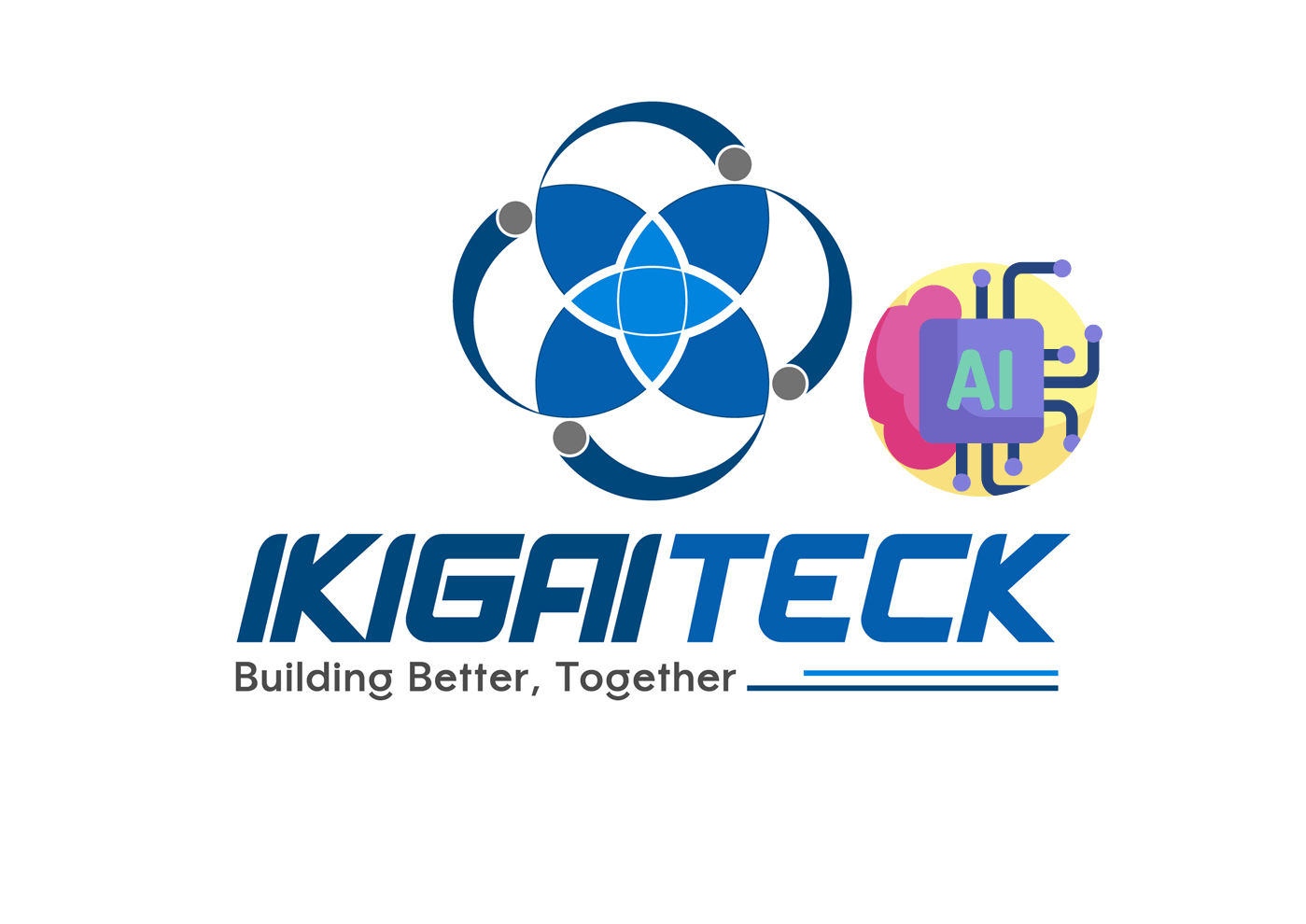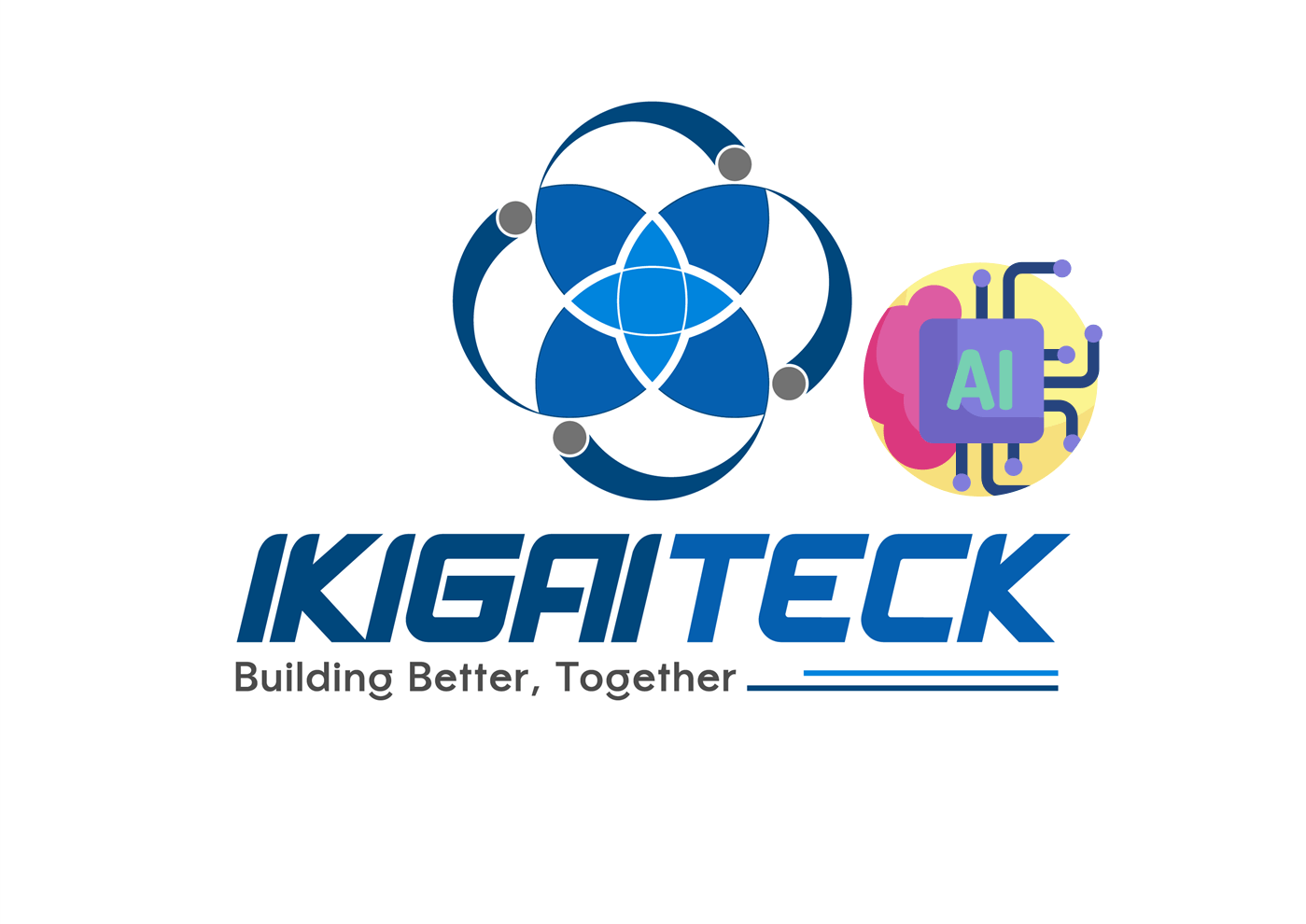Anara AI - Workspace for Scientists, Students, and Research Teams
Introduction: Why Research Needs a Smarter Assistant
If you’ve ever sat in a library or in front of your laptop with 20 different PDFs open, struggling to keep track of citations, highlight key insights, and build flashcards before exams, you already know how overwhelming research can be. Academic work today is a mix of opportunity and chaos. On one hand, knowledge has never been more accessible. On the other, the sheer volume of information makes it harder than ever to focus, digest, and retain what truly matters.
This is where Anara AI steps in. Positioned as a research-first AI platform, Anara promises to help students, researchers, and professionals navigate the flood of academic content with greater clarity. It’s not just another chatbot. Instead, it blends literature review, note-taking, flashcards, quizzes, and citation tools into one integrated space.
The question is: Does Anara truly solve the pain points of modern learning and research, or is it just another name in the growing AI tool landscape? I spent time exploring Anara to find out. Here’s a detailed, honest review.
What is Anara AI?
Anara AI describes itself as an AI-powered research and study assistant. Its mission is clear: reduce the friction of dealing with academic texts and help users spend less time organizing and more time understanding.
Unlike general-purpose AI tools (such as ChatGPT or Claude), Anara focuses specifically on academic and research-related workflows. It is designed to:
Collect and organize papers, articles, and notes.
Extract and summarize key findings.
Generate citations in different styles (APA, MLA, Chicago).
Turn notes into flashcards and quizzes for retention.
Provide AI-powered assistance for literature reviews and brainstorming.
In essence, Anara wants to be the “all-in-one hub” for anyone who deals with academic content on a daily basis.
Key Features of Anara AI
1. Literature Review Assistant
One of Anara’s strongest features is its ability to summarize academic articles and research papers. Instead of manually reading through dozens of PDFs, you can upload documents and let Anara extract key arguments, methodologies, and conclusions.
This is particularly helpful when preparing for a literature review. Instead of juggling highlights across multiple tools, you get a structured summary that saves hours of work.
2. Flashcards and Quiz Generation
Studying for exams often means building your own flashcards. It’s repetitive, time-consuming, and frankly boring. Anara automates this by converting your uploaded notes or papers into interactive flashcards and quizzes.
What stands out is that the flashcards are not just keyword-based but also context-aware, helping you test your understanding rather than your memory alone.
3. Citation Generator
Citation management is another major pain point. Anyone who has written a thesis or research paper knows how frustrating it can be to format references properly. Anara includes an AI citation generator that supports multiple styles.
You simply provide the source (a link, DOI, or upload), and Anara creates a citation you can copy directly into your work.
4. AI-Powered Brainstorming & Copilot
Beyond summarization and flashcards, Anara also works as a thinking partner. If you’re starting a new project, you can ask Anara to suggest relevant themes, research gaps, or possible approaches. It’s not perfect—AI isn’t a replacement for deep domain expertise—but it can spark directions you might not have considered.
5. Collaboration and Note Organization
For group projects or lab work, Anara provides collaboration features where teams can share notes, references, and study materials in one workspace. This makes it particularly useful for research groups or classroom environments.
Use Cases: Who Is Anara AI For?
While Anara’s features sound promising, they become more meaningful when placed in real-world scenarios. Here are some common use cases:
1. University Students Preparing for Exams
Imagine you’re a psychology student preparing for finals. You’ve got lecture notes, textbook chapters, and dozens of academic articles. Normally, you’d spend hours building flashcards manually. With Anara, you can upload all these materials and instantly get flashcards and quizzes that help you retain key terms and theories.
2. Graduate Students Writing a Thesis
If you’re a Master’s or PhD student, literature review is one of the most grueling tasks. Instead of reading 200 papers line by line, Anara helps you summarize, organize, and compare findings quickly. This doesn’t eliminate the need for careful reading, but it provides a strong starting point.
3. Teachers and Professors Designing Coursework
Educators can use Anara to generate quizzes from reading assignments, saving time while creating engaging course material. By automating flashcard creation, Anara helps teachers focus on feedback and discussion rather than repetitive prep work.
4. R&D Teams in Companies
Research doesn’t stop at academia. Many businesses invest in R&D and need to track scientific developments in their field. Anara can help corporate research teams keep track of trends, summarize findings, and stay competitive without being buried in paperwork.
5. Independent Learners and Knowledge Managers
Finally, Anara is also for the self-learners—the ones exploring AI ethics, blockchain, or climate science out of personal interest. Instead of bookmarking dozens of articles, you can centralize your learning in Anara and revisit it more systematically.
Pros and Cons of Anara AI
Pros
Tailored specifically for research and academic workflows.
Saves time in literature review, flashcard creation, and citation formatting.
Useful across multiple roles: students, educators, researchers, and professionals.
Smooth user experience with an intuitive interface.
Strong retention features (flashcards, quizzes).
Cons
Still limited compared to domain-specific databases like PubMed or IEEE Xplore.
AI summaries can occasionally miss nuances in methodology or data.
Best suited for structured academic work; less relevant for casual use.
Like most AI tools, it requires human oversight—relying on it blindly can lead to errors.
How Anara Compares to Other AI Tools
Anara vs. ChatGPT
While ChatGPT is versatile, it’s not built for academic workflows. ChatGPT can summarize text but lacks integrated citation management or flashcard generation. Anara fills this gap by focusing entirely on research and learning.
Anara vs. Elicit
Elicit is another AI tool for literature review. It’s powerful in structuring insights from papers, but Anara goes further by including flashcards, quizzes, and citation tools, making it more student-friendly.
Anara vs. Scholarcy
Scholarcy is excellent for summarizing articles, but again, it’s narrower in scope. Anara’s “study-first” approach means you can go from reading to active recall without leaving the platform.
Anara vs. Perplexity AI
Perplexity is great for quick web research, but when it comes to systematic academic study, Anara feels more purpose-built.
Who Should Use Anara AI?
Anara is not for everyone. If you’re casually browsing articles or need quick web summaries, tools like Perplexity or ChatGPT might be enough.
But if you’re:
A student preparing for exams,
A graduate researcher building a thesis,
A teacher creating interactive content,
Or part of an R&D team looking for structured knowledge management,
…then Anara provides tangible benefits that general AI assistants can’t.
Final Verdict: Is Anara AI Worth It?
Anara AI is one of the more practical and purpose-driven AI tools I’ve tested. It doesn’t try to be everything for everyone. Instead, it focuses on one clear mission: helping people learn, research, and retain knowledge more effectively.
It’s not perfect. Summaries still need human review, and the tool won’t magically replace deep reading or critical thinking. But as an academic companion, it shines. For anyone juggling research papers, lecture notes, or exam prep, Anara can genuinely save hours while improving retention.
If you’ve ever wished for a digital study partner who not only reads with you but also helps you remember what matters, Anara might just be the right fit.
👉 Unlock your research potential – Let Free trial with Anara AI.
(Some links on our site may be affiliate, meaning we may earn a small commission at no extra cost to you.)
Subscribe now !
Be the first to explore smart tech ideas, AI trends, and practical tools – all sent straight to your inbox from IkigaiTeck Hub
IkigaiTeck.io is an independent tech publication sharing practical insights on AI, automation, and digital tools.








